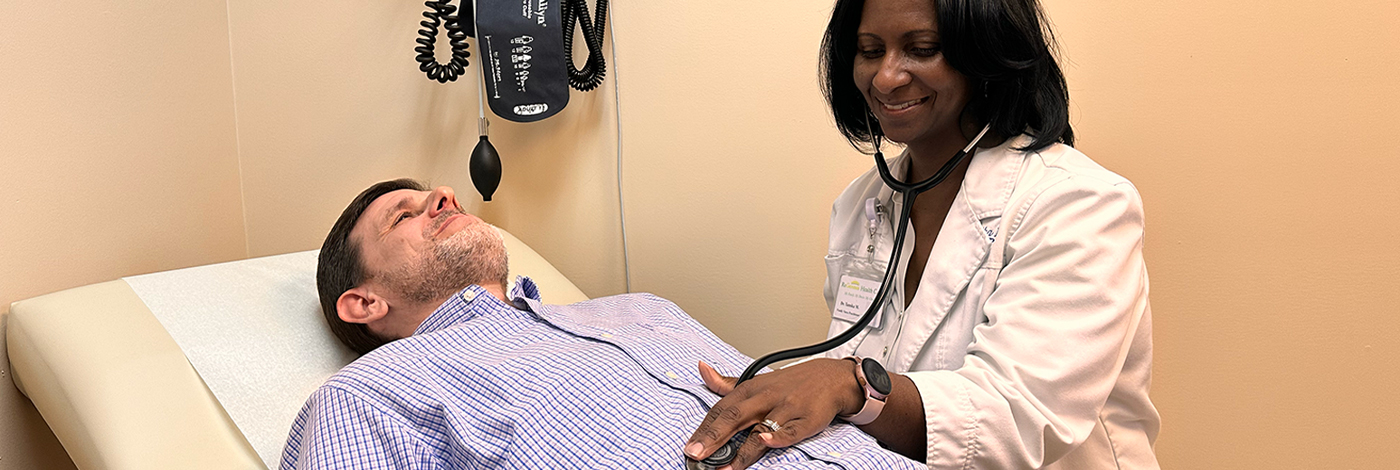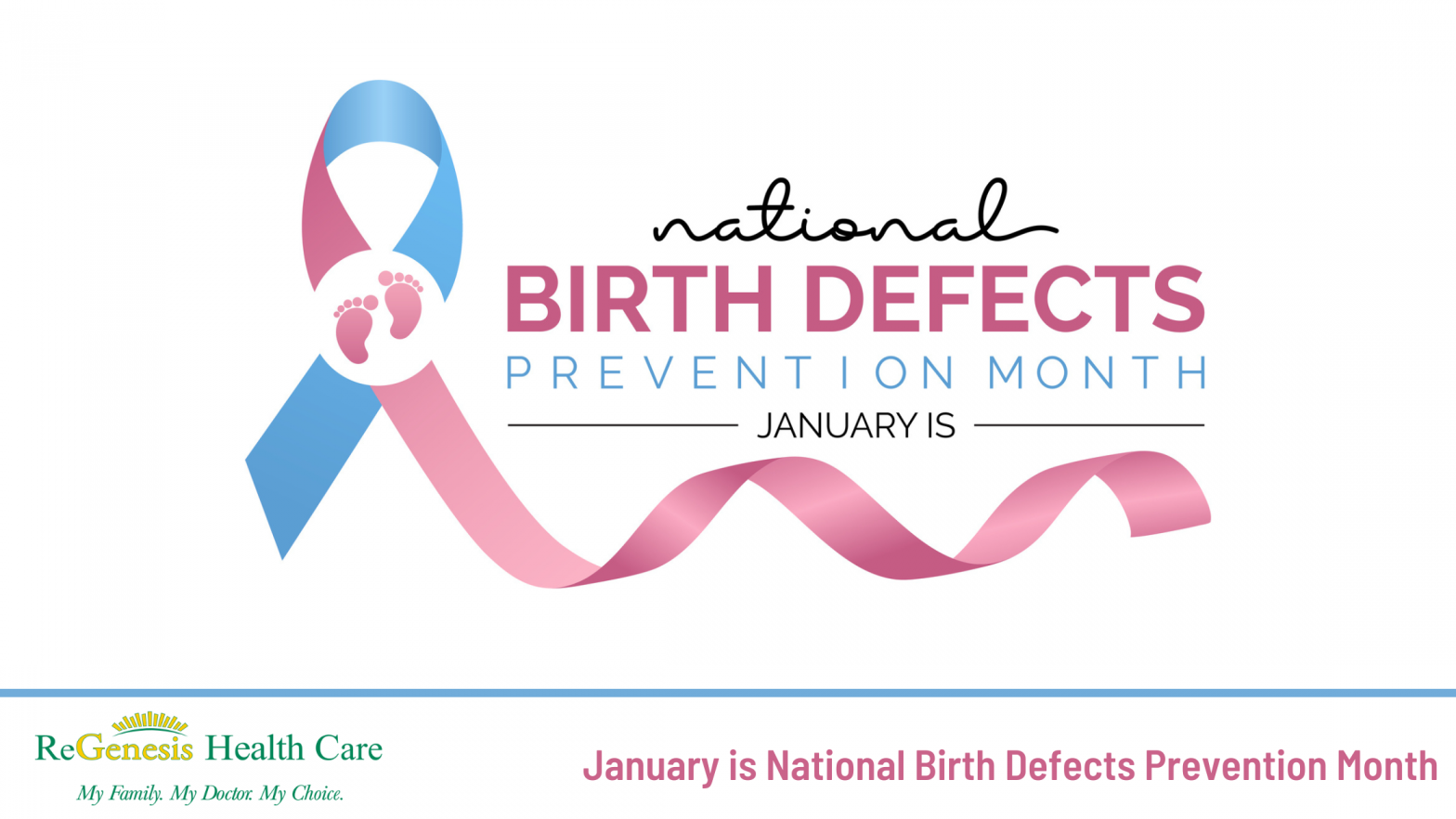Taking Steps Towards Preventing Birth Defects
January is National Birth Defect Prevention Month, a time to raise awareness and promote healthy practices that can prevent birth defects. Birth defects are conditions that occur in babies during pregnancy or childbirth and can affect the way their body functions or looks. They can range from mild, which may not require treatment, to severe, which can require lifelong medical care. Birth defects are a serious issue and can be caused by a combination of genetic and environmental factors. Fortunately, with proper care and precautions, many birth defects can be prevented.
There are various steps you can take to decrease the likelihood of having a baby with a birth defect. The following are the recommended measures to take:
Plan Your Pregnancy
Before trying to conceive, consult with a healthcare professional and discuss any existing health conditions or medications that might complicate pregnancy. You can also receive genetic counseling to see if you are a genetic carrier for certain disorders that could be passed down to your baby.
Maintain a Healthy Lifestyle
A healthy diet, regular exercise, and avoiding smoking or alcohol during pregnancy are essential in promoting the health of your baby. Additionally, staying away from illicit drugs and improving overall mental health also contribute to a healthy pregnancy.
Monitor Your Workplace Environment
If you work with chemicals, radiation, or other potentially harmful substances, make sure to wear appropriate protective gear and work in a well-ventilated area. Exposure to harmful materials can be hazardous to the development of your baby.
Screen For Infections
Certain infections, like rubella and syphilis, can result in severe birth defects. Making sure you are up to date on your vaccinations and getting tested for STDs is important in ensuring a healthy pregnancy.
Seek Prenatal Care
Regular prenatal appointments with your healthcare provider will help to detect any potential problems that could lead to birth defects early on during pregnancy. Your healthcare provider can also provide guidance on maintaining a healthy pregnancy.
In conclusion, taking measures to prevent birth defects is important for every expectant parent. The following are crucial steps to minimize the likelihood of having a baby with a birth defect.
- Ensuring you plan your pregnancy.
- Maintain a healthy lifestyle.
- Monitor your work environment.
- Screen for invections.
- Seek prenatal care
If you have any concerns, consult with ReGenesis, your healthcare provider. Let us all do our part in promoting a healthy start for our little ones and raise awareness during National Birth Defects Prevention Month.



